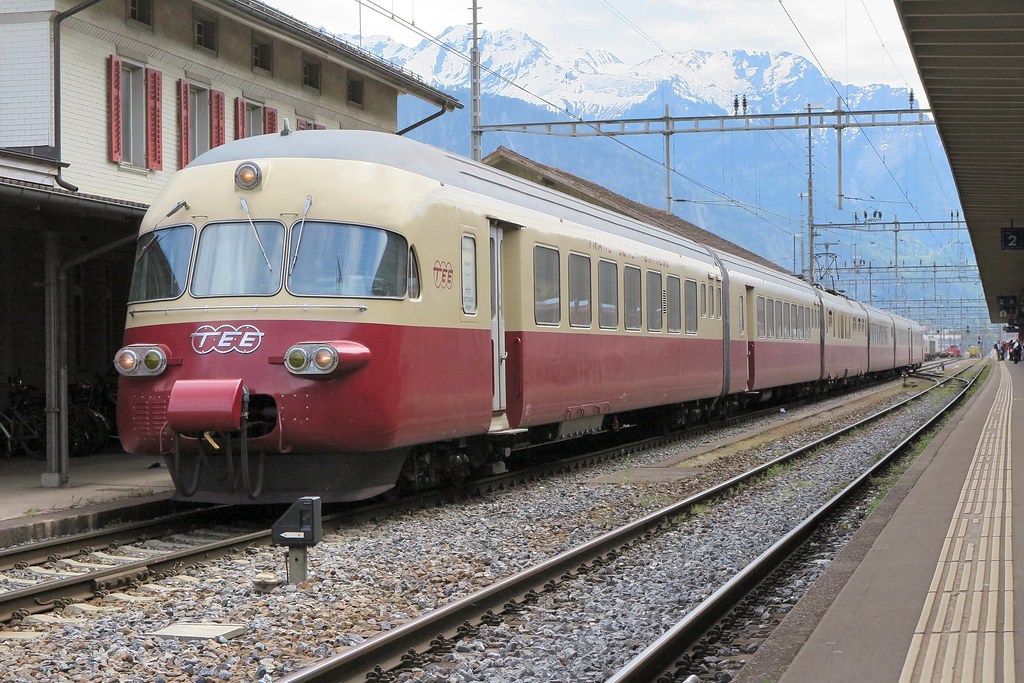The Trans Europe Express (TEE) could reappear after several decades as German Transport Minister Andreas Scheuer is proposing a new version of the network.
The original TEE was launched on 2 June 1957, but its luxury trains, which were only for business customers, “gradually disappeared from the mid-1980s,” according to New Mobility News.
Now, the German government, which currently holds the EU Presidency, wants to bring the network back by 2025 and has presented EU Member States with a dossier to rebuild the network, with direct high-speed trains connecting major European cities.
If Europe could coordinate its timetables, “train travel would become interesting, even over long distances offering a credible and environmentally friendly alternative to air travel,” Scheuer said.
Germany wants to double its number of railway passengers by 2030 in an attempt to make its transport sector greener.
“It is evident that rail should play a leading role in our future transport mix, both for passengers and freight,” European Commission spokesperson Stefan de Keersmaecker told AFP, adding that “all joint efforts to increase the attractiveness of the sector are welcome.”
Related News
- European night train network picking up steam
- Dutch rail will slash journey time on Amsterdam-Brussels line by 2024
Germany’s plan involves four initial lines: one that goes from Paris to Warsaw via Brussels and Berlin, another that connects Berlin to Barcelona by way of Frankfurt and Lyon, a connection from Amsterdam to Barcelona going through Brussels and Lyon, and one from Amsterdam to Rome, passing through Basel and Milan.
With additional infrastructure, four more lines could be added, connecting Paris to Stockholm via Brussels and Hamburg, and to Budapest via Munich and Vienna, as well as a connection from Berlin to Rome via Munich and Bologna, and Stockholm to Munich via Copenhagen and Berlin.
The plan also includes slower night trains including connections from Paris to Berlin, Frankfurt to Barcelona, and Paris to Vienna.
“Since the implementation only requires consultation between the railway companies with regard to timetables, (equipment) approval, line interconnection, and fares, it seems possible that this can be achieved in the short term,” said the EU Presidency, which is currently in German hands.
Jason Spinks
The Brussels Times

